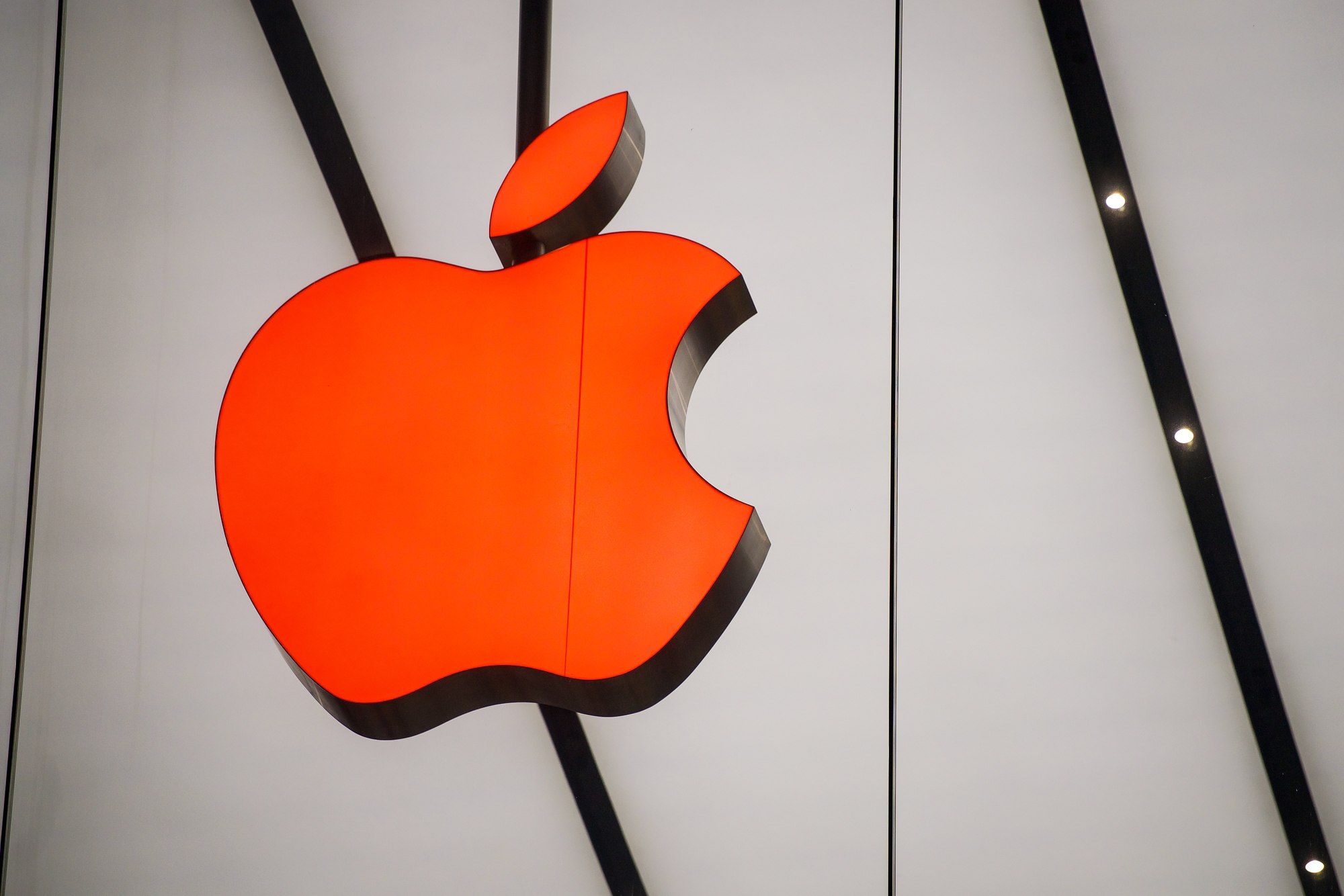Top Class Actions’s website and social media posts use affiliate links. If you make a purchase using such links, we may receive a commission, but it will not result in any additional charges to you. Please review our Affiliate Link Disclosure for more information.

Apple is guarding the world of apps “jealously,” overcharging on the App Store and acting like a monopoly to prevent consumers from getting better deals elsewhere, a new collective action lawsuit says.
The action has been filed in the Competition Appeal Tribunal by Dr Rachael Kent, an expert in the digital economy and a lecturer at King’s College, London, who alleges Apple is acting like a monopoly because the App Store is the only way to get apps on to an iPhone or iPad, the Express and Star reports.
The group action is seeking damages of up to £1.5 billion for as many as 19.6 million UK users of the app store, who Kent said has been paying too much commission to the tech giant in in-app purchases.
The group action says the App Store’s policy of making developers pay Apple a 30 percent commission on all in-app purchases is unfair.
However, Apple says the claims are baseless, and that it has cut the commission rate from 30 per cent to 15 per cent for those who earn less than one million dollars per year in sales through the store.
“The commission charged by the App Store is very much in the mainstream of those charged by all other digital marketplaces,” Apple said.
Kent said the App Store was a “brilliant gateway” to services for millions of people, but that 13 years after its launch it is still the only gateway to those services for many.
“Apple guards access to the world of apps jealously, and charges entry and usage fees that are completely unjustified,” she told Express and Star.
“Apple has no right to charge us a 30 per cent rent for so much of what we pay for on our phones – particularly when Apple itself is blocking our access to platforms and developers that are able to offer us much better deals.”
A United States congress inquiry last year estimated Apple’s annual global revenue from the App Store was at least 15 billion dollars a year (£10.6 billion), despite its costs for running the store being only 100 million dollars (£71 million).
“Apple achieves this by slapping unjustified charges on its users. It would not be able to impose these exorbitant charges if competitor platforms and payment systems were allowed to compete on its devices,” Kent said.
Meanwhile, proceedings have begun on a similar case in the United States, in which Fortnite-maker Epic Games takes aim at Apple over its commission fees in the App Store.
Epic Games took legal action against Google and Apple in the U.K., and a British court ruled on 22 Feb. that the litigation can proceed against Google, but a related action filed against Apple could not.
What do you think of this group action against Apple and its App Store practices? Let us know in the comments!
Read More Lawsuit & Settlement News:
Epic Games Files Legal Action Against Apple After Fortnite Removed From App Stores
Banks in the UK Will Now Directly Reimburse Scam Victims
UK Smartphone Owners Could Get £482M Payout in Landmark Legal Claim
UK High Court Grants Google Permission to Appeal Group Action Claim
ATTORNEY ADVERTISING
Top Class Actions is a Proud Member of the American Bar Association
LEGAL INFORMATION IS NOT LEGAL ADVICE
Top Class Actions Legal Statement
©2008 – 2024 Top Class Actions® LLC
Various Trademarks held by their respective owners
This website is not intended for viewing or usage by European Union citizens.














